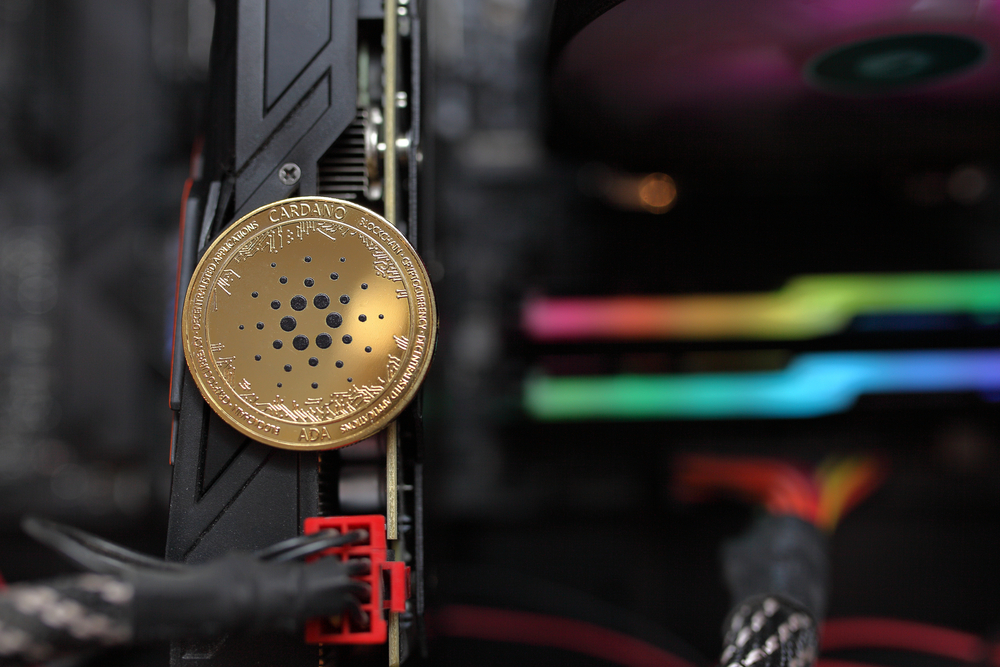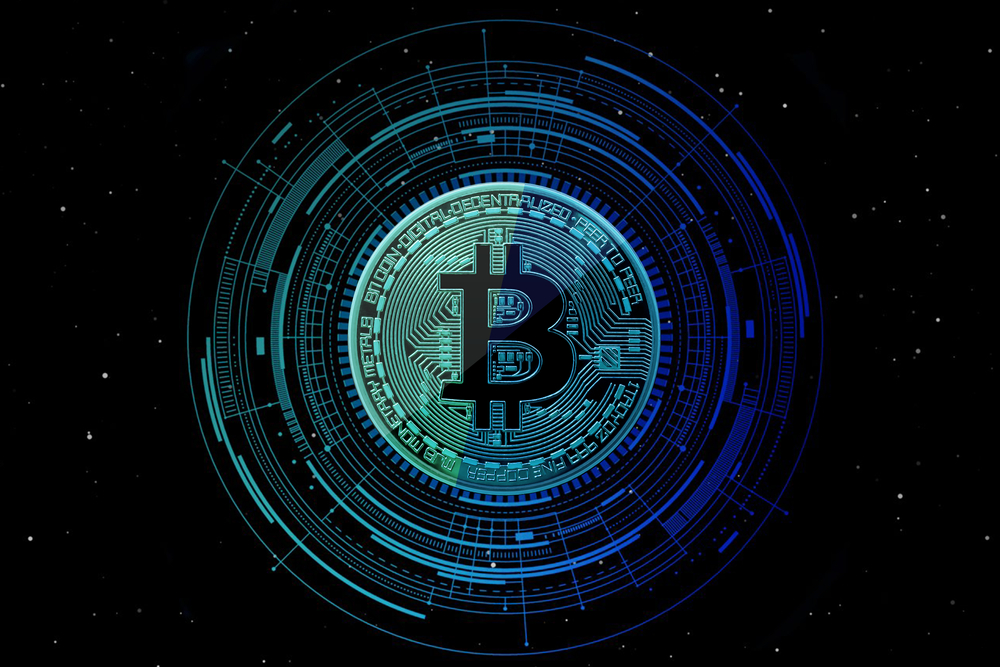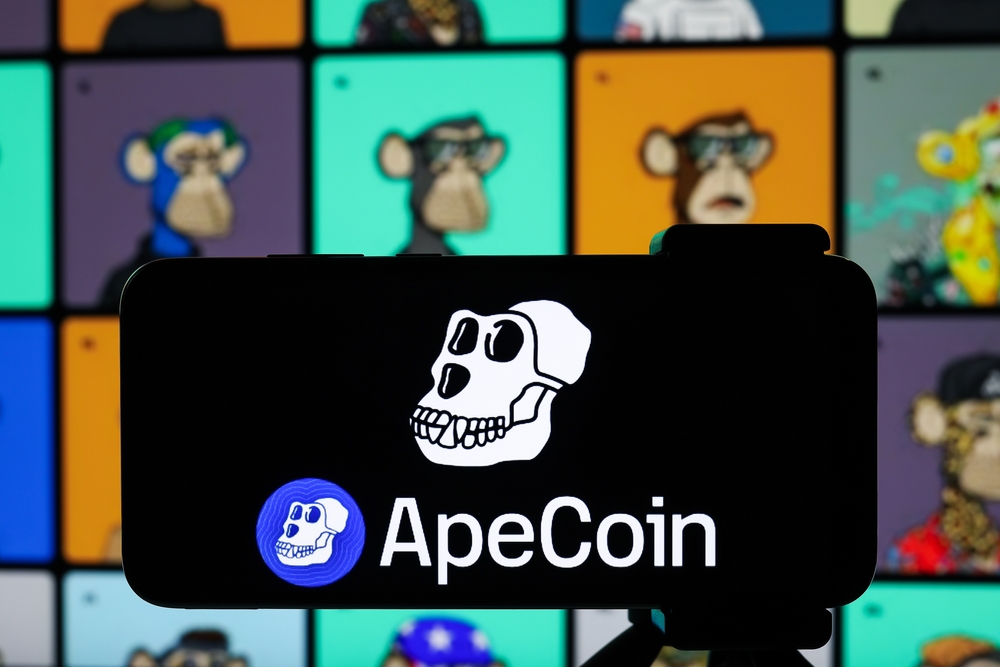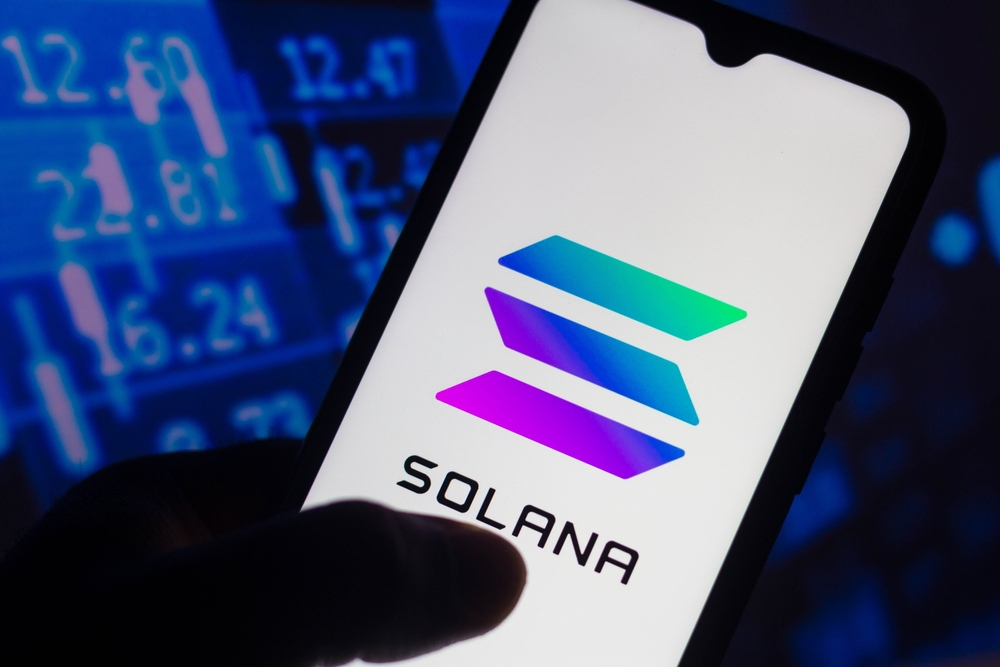At long last and after multiple delays, the day had finally arrived when Cardano’s long-anticipated Alonzo hard fork took place. The event occurred yesterday, on the 12th of September 2021, and with it, the highly-coveted smart contract functionality was added to Cardano at last. As of now, Charles Hoskinson’s project has finished its hard fork and has managed to introduce the smart contract scripts powered by Plutus.
Even though the event had been successful, Hoskinson has stated the work is far from over and that the real challenges have only begun. He added that we are still very much in the early days of Cardano and that the true mission begins now.
‘The real work starts now’
Charles believes that Alonzo has indeed been successful but that Cardano cannot afford to ease up and risk slowing the momentum it has steadily built over an extended period of time. He added that the Cardano community shall face several challenges from now on but that overcoming these obstacles is essential in order to deliver on the project’s vision and achieve its long-term goals. As such, Cardano is well on its way to constructing a fully decentralized infrastructure that can expand upon the economic opportunity and identity provided to various individuals across the globe.
Moreover, although the smart contract functionality has been added, it is vital to manage expectations regarding Alonzo. Charles believes that rather understandably, the entire crypto community will have high hopes for Alonzo, some of which may be a bit unreasonable. It will take a while before Cardano can reach its true potential, but one thing is for sure, and that is the fact that Charles and his team are certainly on the right track.
Dealing with criticisms
It goes without saying that despite the project’s recent success, there are several members of the crypto community who still regularly criticize Cardano, especially when we consider the fact that the project has aspirations of rivaling Ethereum and challenging its dominance regarding the hosting of DeFi as well as Web3 applications. Matters were worsened earlier on in the month when the initial dApp that was scheduled to launch on Cardano’s mainnet had faced technical issues pertaining to concurrent transaction processing.
Nevertheless, Cardano continues to improve, and its representatives have continuously tried to deal with these criticisms via the assertion that the decentralized applications constructed on the protocol should be looked at carefully as, upon closer inspection, we can clearly see that these dApps are not restricted to a single transaction block.





